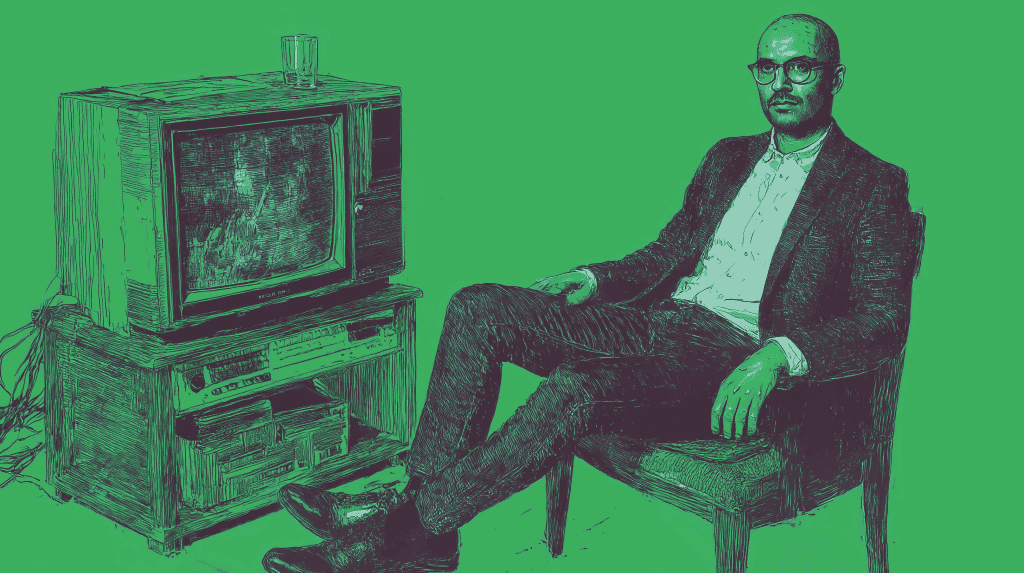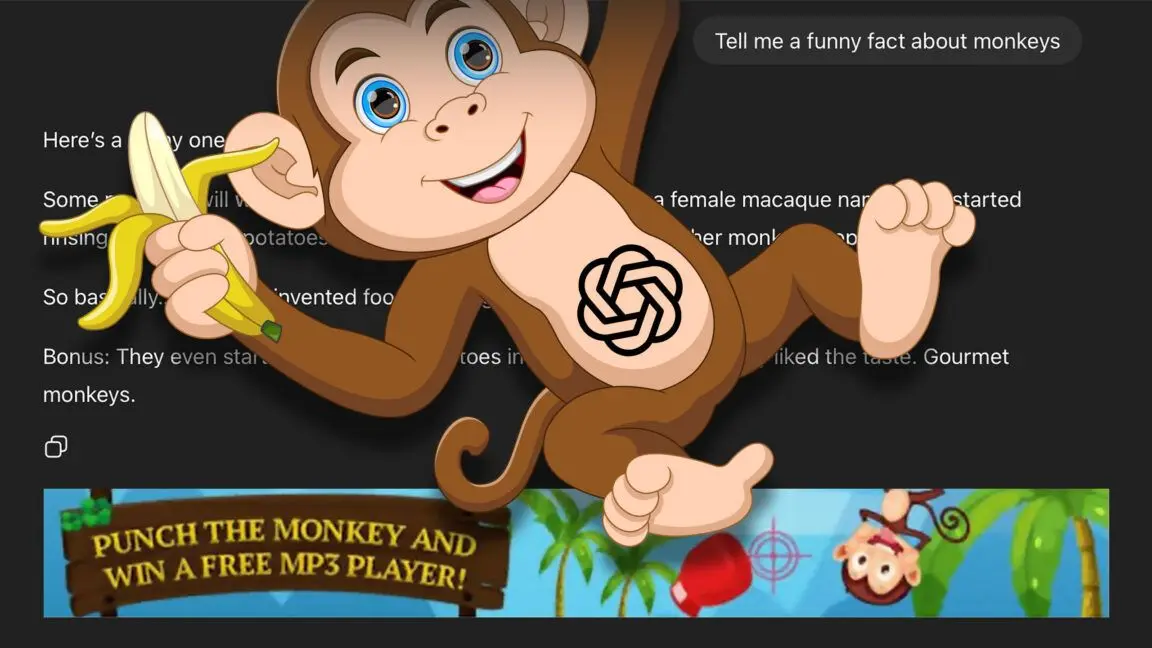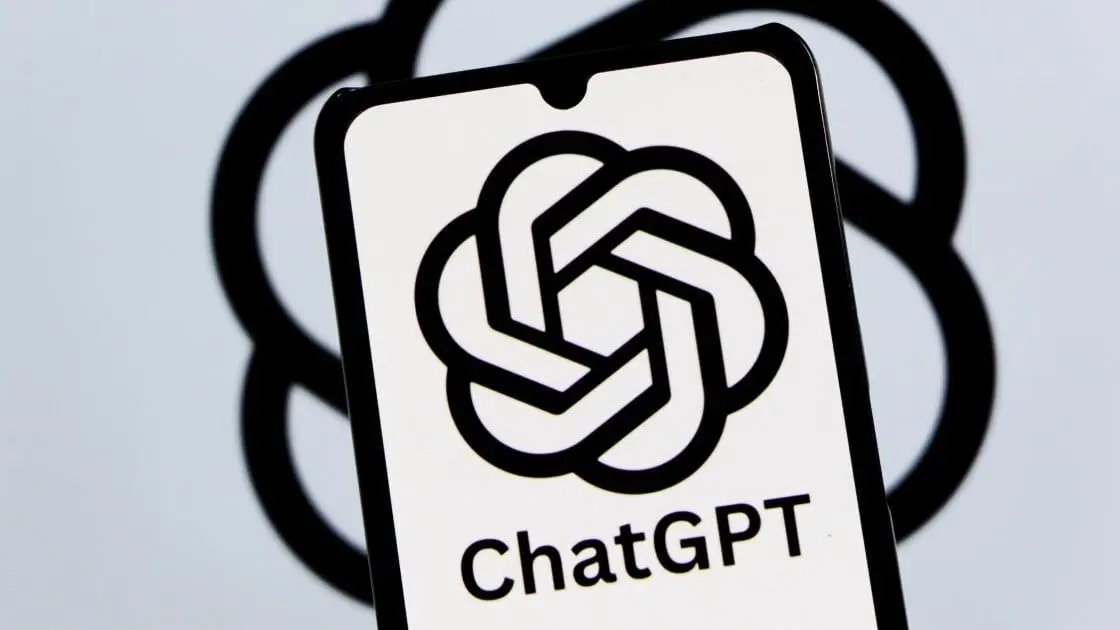Google DeepMind CEO Envisions AI Curing All Diseases Within a Decade
3 Sources
3 Sources
[1]
Google DeepMind CEO says AI could end all diseases | AIM Media House
Demis Hassabis said that AI could lead to 'radical abundance,' while also posing various risks in the medical sector. Google DeepMind co-founder and CEO Demis Hassabis has predicted that AI could 'revolutionise' human health and eventually help eliminate all diseases within the next decade. Speaking during the CBS 60 Minutes interview, Hassabis stated that AI could lead to "radical abundance," potentially eliminating scarcity, but also posing numerous risks. He worries that malicious actors, users of these systems, might repurpose them for harmful purposes, and that AI systems themselves could become more autonomous and powerful. Hassabis also mentioned that it takes 10 years and a substantial amount of money to design a single medicine, but with AI, the time required can be reduced from years to months, and in some cases, even weeks. This sounds "incredible today, but that's also what people used to think about protein structures," he added. The DeepMind CEO believes that proteins are the basic building blocks of life, and everything in biology depends on them. However, building 3D protein structures is complex and mapping each one of them takes years. Nonetheless, DeepMind's AI model made approximately 200 million structures in one year. Meanwhile, he advocated for human supervision of control systems to ensure they align with the values of a beneficial society and remain within established guardrails. In the next five to ten years, Hassabis predicts that we could have systems that are capable not only of solving important problems or conjectures in science, but also of generating them in the first place. AI has made remarkable progress in the healthcare industry, from drug discovery to providing personalised treatment options, such as the recent fully automated IVF treatment that resulted in the successful birth of a baby, as reported by AIM. According to the US National Institute of Health, companies like Verge Genomics focus on applying "machine learning algorithms to analyse human genomic data and identify drugs to tackle neurological diseases such as Parkinson's, Alzheimer's, and amyotrophic lateral sclerosis (ALS) in a cost-effective way." The San Francisco-based company Insitro also utilises advanced machine learning and computational genomics to reduce the time and cost associated with drug discovery for patients. Hassabis believes that these amazing tools will further enhance human endeavours. When AGI (artificial general intelligence) arrives, "it's going to change pretty much everything about the way humans do things."
[2]
Can AI cure all diseases within a decade? Nobel laureate Demis Hassabis shares bold vision for the future of medicine
When Sir Demis Hassabis, co-founder of Google DeepMind and knighted British AI visionary, isn't decoding protein structures or redefining the future of medicine, he's enjoying a good game -- whether it's chess, poker, or the ultimate intellectual pursuit: artificial intelligence. A man once driven by curiosity about life's biggest mysteries, Hassabis has turned that fascination into revolutionary breakthroughs that could mark the beginning of the end for human disease. In a CBS 60 Minutes clip posted by the Instagram page artificialintelligencenews.in, Hassabis tells CBS's Scott Pelley something that sounds more like science fiction than science fact: AI, he claims, could help eliminate all diseases within the next ten years. "It takes, on average, ten years and billions of dollars to develop just one drug," Hassabis explained. "We could maybe reduce that down to months, or even weeks." These are not hollow promises. This is the same scientist whose AI model cracked the code of protein structures -- the essential building blocks of life -- mapping over 200 million structures in a single year. Before DeepMind's intervention, only 1% of those structures had been deciphered, each taking years to decode. That same AI prowess is now being aimed at drug development. According to Hassabis, such exponential leaps in research speed could "revolutionize human health." With a touch of cautious optimism, he adds, "I think one day, maybe we can cure all disease with the help of AI. Maybe within the next decade. I don't see why not." While current AI models are still limited by a lack of true curiosity and intuition, Hassabis sees a not-too-distant future where machines won't just solve scientific problems -- they'll identify them first. "In the next five to ten years," he said, "we'll have systems that are capable of coming up with new hypotheses in science on their own." This transformative shift won Hassabis and his colleague John Jumper the 2024 Nobel Prize in Chemistry for their groundbreaking work in AI-driven protein structure prediction. Their contributions have already opened new frontiers in biology and medicine. Now, he envisions AI systems becoming imaginative -- capable of independent scientific creativity -- pushing humanity toward what he calls radical abundance, a world without scarcity, and perhaps, without disease. But Hassabis is not blind to AI's potential risks. He highlights two critical concerns: the misuse of AI by malicious actors, and the challenge of keeping increasingly autonomous AI systems aligned with human values. "Can we make sure they stay on the guardrails?" he asks, referring to the safety protocols baked into AI systems. As a UK Government AI Advisor and the mind behind both DeepMind and Isomorphic Labs, Hassabis is not just leading the charge in AI research -- he's helping shape policy to ensure AI's power remains beneficial and secure. Sir Demis Hassabis stands at the crossroads of human knowledge and machine capability. A child prodigy turned global AI authority, his predictions aren't mere speculation -- they're grounded in proven scientific progress. As the world grapples with pandemics, drug shortages, and rising healthcare costs, his vision of a disease-free future, driven by AI, offers a breathtaking possibility. "AI is the ultimate tool for advancing human knowledge," he says. If he's right, the future of medicine might not lie in syringes and surgeries -- but in circuits and code.
[3]
AI can be 'end of disease' within next decade, says Google DeepMind CEO Demis Hassabis
Google DeepMind CEO, Demis Hassabis, a Nobel laureate, envisions AI revolutionizing healthcare, potentially curing all diseases within a decade. Their AI model has already drastically accelerated protein structure deciphering. Hassabis believes AI can significantly shorten drug development timelines, from years to months or weeks.Curing all diseases with the help of artificial intelligence (AI) is within reach, according to Nobel laureate Demis Hassabis. He currently heads DeepMind, an AI research laboratory owned by Google's parent Alphabet Inc, as chief executive officer. In conversation with CBS News' Scott Pelly, Hassabis said that the end of all disease with AI can be achieved within the next decade or so. The Google DeepMind CEO emphasised on the advances AI has made in human health. DeepMind's AI model was able to decipher 200 million protein structures in one year, compared to years it used to take earlier to do even one. Hassabis and his colleague John Jumper won the Nobel Prize in Chemistry last year for this. The next frontier is now drug development, said Hassabis. "It takes ten years and billions of dollars to design just one drug. We can maybe reduce that down from years to maybe months or maybe even weeks. Which sounds incredible today but that's also what people used to think about protein structures. And it would revolutionise human health, and I think one day maybe we can cure all disease with the help of AI," Hassabis said during his interview with CBS News. Reacting to the video on X (formerly Twitter), Perplexity AI CEO Aravind Srinivas called Hassabis "a genius", and should be "given all resources to make this happen". Also Read: "ChatGPT helped me understand my back Pain and finally fix it": OpenAI co-founder Greg Brockman shares Redditor's recovery
Share
Share
Copy Link
Demis Hassabis, CEO of Google DeepMind and Nobel laureate, predicts that AI could revolutionize healthcare and potentially cure all diseases within the next decade, while also acknowledging potential risks and challenges.

AI's Potential to Revolutionize Healthcare
Demis Hassabis, CEO of Google DeepMind and Nobel laureate, has made a bold prediction: artificial intelligence (AI) could potentially cure all diseases within the next decade. In a recent interview with CBS's 60 Minutes, Hassabis outlined his vision for AI's transformative impact on healthcare and medical research
1
2
.Accelerating Drug Development
One of the most significant potential impacts of AI in healthcare is the acceleration of drug development. Hassabis explained, "It takes, on average, ten years and billions of dollars to develop just one drug. We could maybe reduce that down to months, or even weeks"
2
. This dramatic reduction in time and cost could revolutionize the pharmaceutical industry and bring life-saving treatments to patients much faster.Breakthrough in Protein Structure Mapping
Hassabis's optimism is grounded in recent achievements. DeepMind's AI model has already made remarkable progress in mapping protein structures, which are fundamental to understanding biological processes and developing new drugs. In just one year, their AI mapped approximately 200 million protein structures, a task that would have taken years to complete using traditional methods
1
3
.AI's Role in Scientific Discovery
Looking ahead, Hassabis envisions AI systems that not only solve scientific problems but also generate new hypotheses. "In the next five to ten years," he predicted, "we'll have systems that are capable of coming up with new hypotheses in science on their own"
2
. This could lead to breakthroughs in areas of research that humans have not yet considered.Potential for "Radical Abundance"
Hassabis believes that AI could lead to what he terms "radical abundance," potentially eliminating scarcity in various sectors, including healthcare
1
. This vision extends beyond just curing diseases to fundamentally changing how humans approach scientific challenges and resource allocation.Related Stories
Addressing Risks and Challenges
While painting an optimistic picture, Hassabis also acknowledged potential risks associated with AI advancements. He highlighted two main concerns:
- Misuse by malicious actors
- Ensuring AI systems remain aligned with human values as they become more autonomous
1
2
Hassabis advocated for human supervision of AI control systems to ensure they align with societal values and remain within established ethical boundaries
1
.Current AI Applications in Healthcare
The healthcare industry is already seeing remarkable progress in AI applications. Companies like Verge Genomics and Insitro are using machine learning algorithms to analyze genomic data and accelerate drug discovery for neurological diseases such as Parkinson's, Alzheimer's, and ALS
1
.Recognition and Future Outlook
Hassabis's contributions to the field have not gone unnoticed. He and his colleague John Jumper were awarded the 2024 Nobel Prize in Chemistry for their groundbreaking work in AI-driven protein structure prediction
2
. As both a researcher and a UK Government AI Advisor, Hassabis is not only advancing the technology but also helping shape policies to ensure AI's responsible development and deployment2
.As the world continues to face healthcare challenges, Hassabis's vision of AI-driven medical breakthroughs offers a promising glimpse into a future where technology could dramatically improve human health and longevity.
References
Summarized by
Navi
Related Stories
Google DeepMind CEO Predicts AI-Designed Drugs in Clinical Trials by 2025
22 Jan 2025•Science and Research

Google DeepMind's Isomorphic Labs Nears Human Trials for AI-Designed Drugs
07 Jul 2025•Science and Research

Google DeepMind CEO Predicts AGI by 2030, Showcases Advanced AI Projects
22 Apr 2025•Technology

Recent Highlights
1
Anthropic releases Claude Opus 4.6 as AI model advances rattle software stocks and cybersecurity
Technology

2
University of Michigan's Prima AI model reads brain MRI scans in seconds with 97.5% accuracy
Science and Research

3
UNICEF Demands Global Crackdown on AI-Generated Child Abuse as 1.2 Million Kids Victimized
Policy and Regulation





